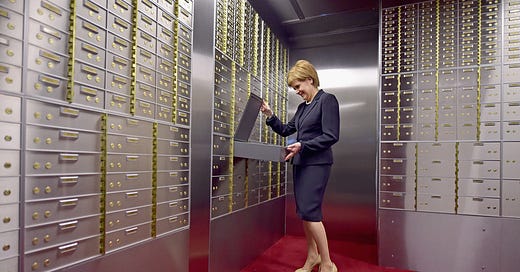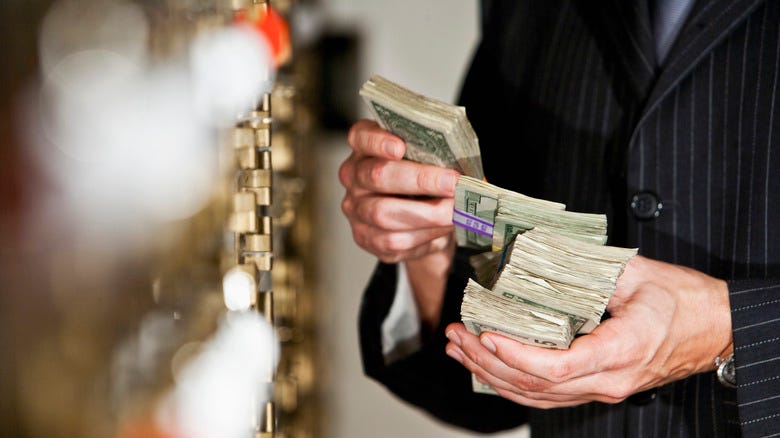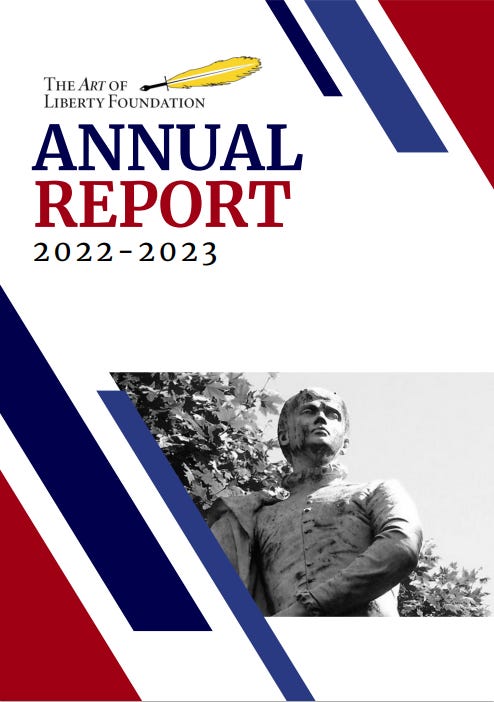Whatever You Do, Don't Put These 11 Things In A Safe Deposit Box
A safe deposit box can be a very good idea for the storage of items that will be important to you in the future. Usually not much more than 10 inches high and 15 inches wide Read More
A safe deposit box can be a very good idea for the storage of items that will be important to you in the future. Usually not much more than 10 inches high and 15 inches wide, these storage devices often require dual key access during bank hours, with a key in possession by both you and your bank. According to the Federal Deposit Insurance Corporation (FDIC), some approved items to store in a safe deposit box are birth certificates, U.S. Savings Bonds not part of an electronic securities portfolio, and moving or still images of your insured material items. The benefit of keeping these items in a bank versus your home is the additional layers of protection — security guards, state-of-the-art surveillance systems, and several inches of bank vault between the public and your stuff — making them more secure.
Electronic and cloud storage is having an impact on how many banks are continuing to offer them as an option. Although the American Banking Association lists safe deposit boxes with dual authentication for access as a relic of the past, with new bank branches being constructed without them, the boxes themselves will remain a feature in the banks that continue to offer them — just with more responsibility offloaded to the customer through single key and bio-authentication access. While safe deposit boxes can provide you with a measure of protection, they may not be the best place to store everything. Here are 11 things that should never go into your safe deposit box.
The difference between a will and a trust is that a will dispenses your assets after you die according to your wishes, and a trust has to be set up with assets already in place before your passing. In the Los Angeles Times, a reader wrote the "Dear Liz" section about where to keep estate planning documents. The reader was advised not to put originals into a safe deposit box but instead place them in a home safe or leave them at their lawyer's office. The reason is that your death triggers a sealing of your box by the bank that can only be accessed by the executor of your estate through a court order. While there are different rules in each state around gaining access to your box after your death, your executor may need to show the state a copy of your death certificate and your will, the latter of which will be difficult to do if it's locked inside your safe deposit box.
Use digital storage like Trustworthy, which allows for the uploading of important documents, like your will or trusts, to be updated as needed and shared with loved ones or your executor should you not be around to open a safety deposit box. You'll make life easier for those left behind by storing that info on an encrypted cloud platform, which does not require navigating several layers of bank policy and state bureaucracy to access in the case of your untimely demise.
Cash
If having too much money in a savings account because the Federal Deposit Insurance Corp. (FDIC) will only insure $250,000 of it concerns you, a safe deposit box is a poor solution. The FDIC doesn't insure cash placed in a safe deposit box since they view it as separate from your savings account, which puts the onus on covering your lost items squarely on you.
Consider the case of poker champion Mike Gorodinsky. After winning $422,747 in a tournament, Gorodinsky placed his winnings in a safe deposit box at the Bellagio casino. On Twitter, Gorodinsky said, "Went to Bellagio today to access my box and my key was stuck/not opening it. They wind up having to drill it and when they lift the box out, it's empty." The rest of the tweet drops an expletive about the situation with a request for advice on how to deal with it. As far as the Bellagio is concerned, Gorodinsky was the only person with access to his winnings, so there's no restitution coming, and they aren't legally required to provide any.
Practically speaking, you earn no interest on money sitting in a box anyway. A better idea would be to research high-yield savings accounts at other banks, several of which offer 4-5% annual returns, have no monthly maintenance fees, and require no minimum balance to open. Also, your cash is still insured by the FDIC.
Click the image above OR click HERE to download our annual report in PDF.
We are in the first major fundraising campaign in our history. We have raised $2318 from 21 donors with a goal to raise $50,000 from 150 donors by December 31st. The true number is higher because many people have supported us by “Going Paid” on Substack, which we appreciate and encourage! If you value having an articulate voice for voluntaryism, will you please consider making a donation today by “Going Paid” OR ArtOfLiberty.org/Sponsor? - Etienne de la Boetie2









I have read that precious metals storage in safe deposit boxes is not advisable because if the government outlawed ownership then banks would loot their customers boxes to comply with government edict. Unfortunately I don't have to worry about the problem.